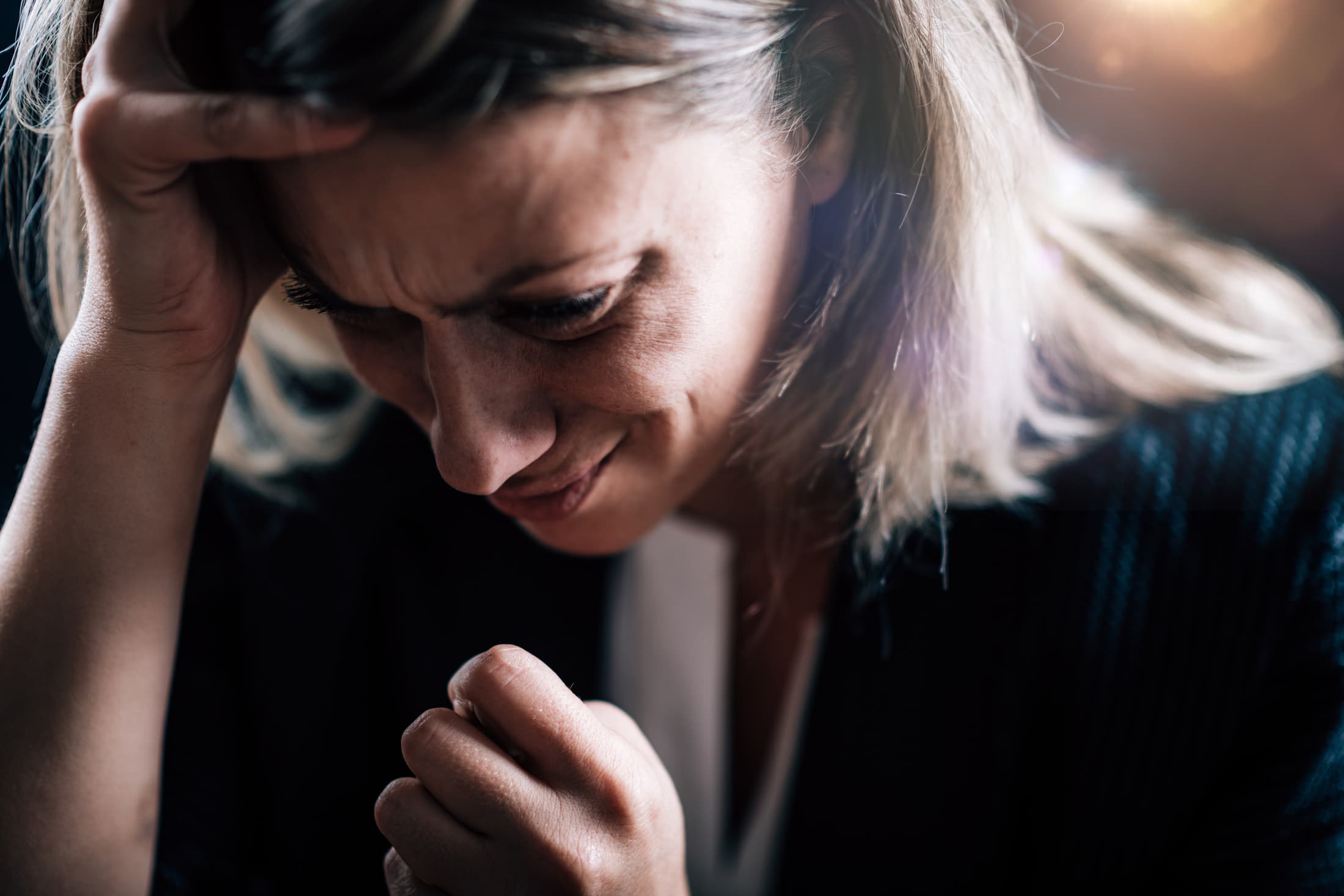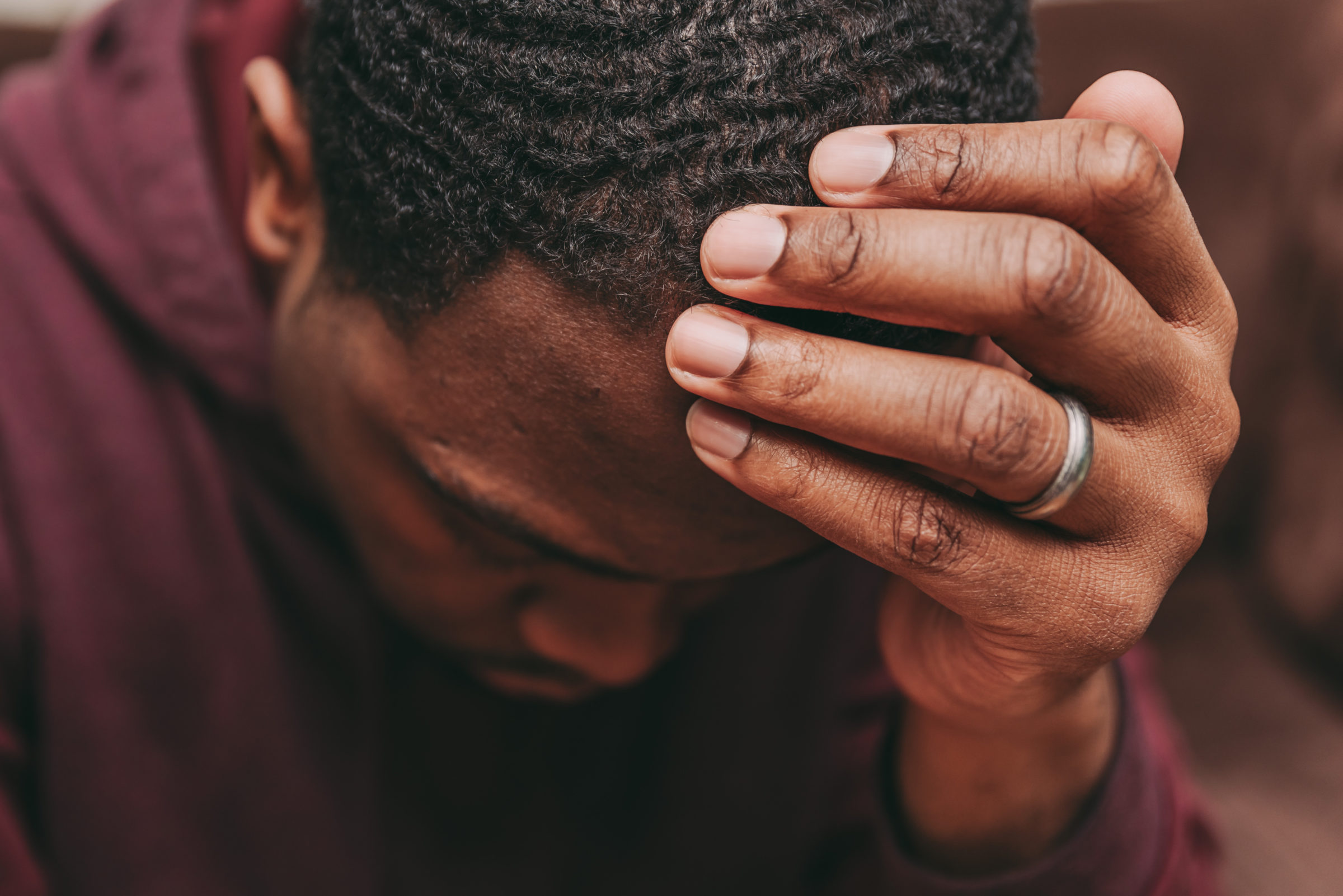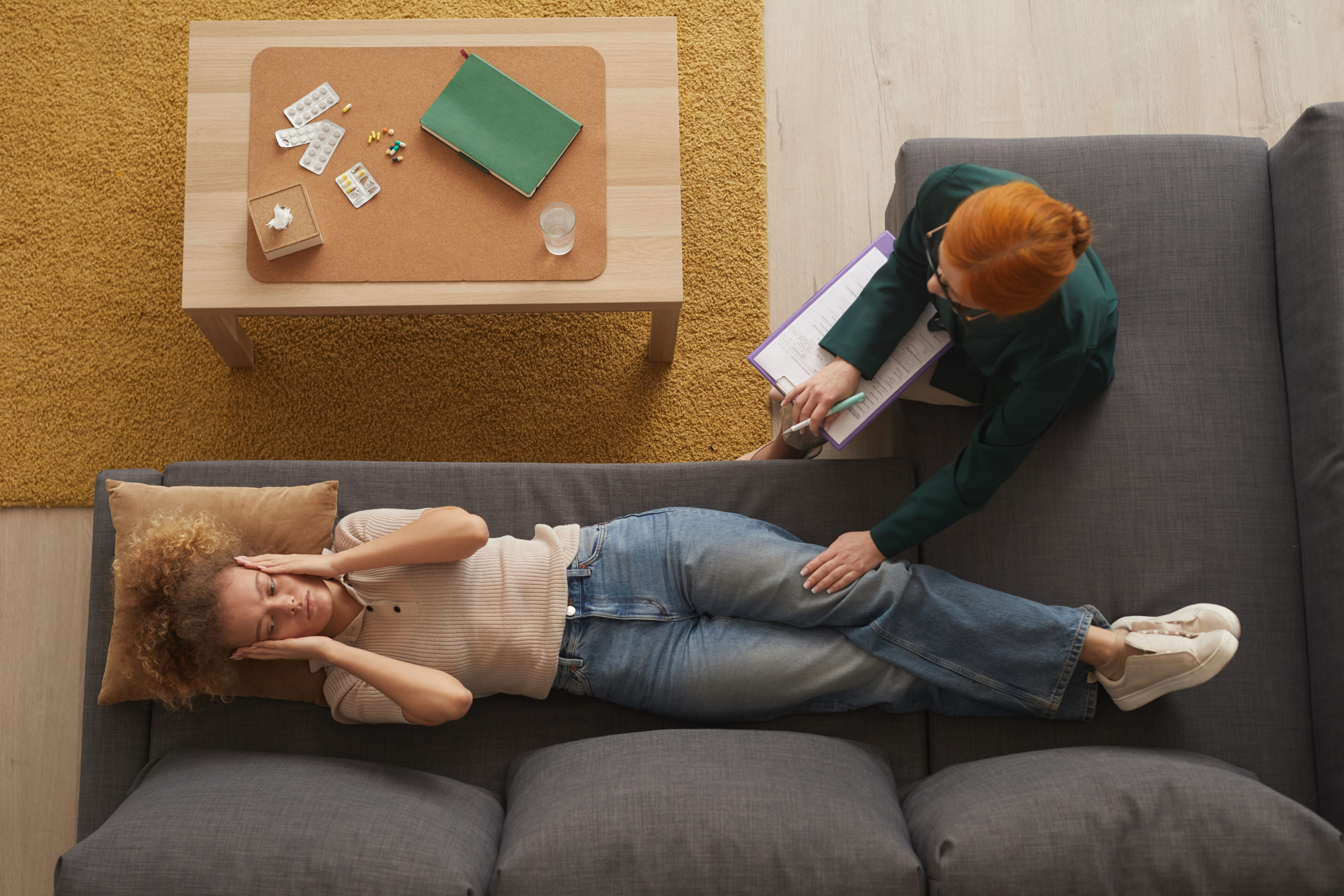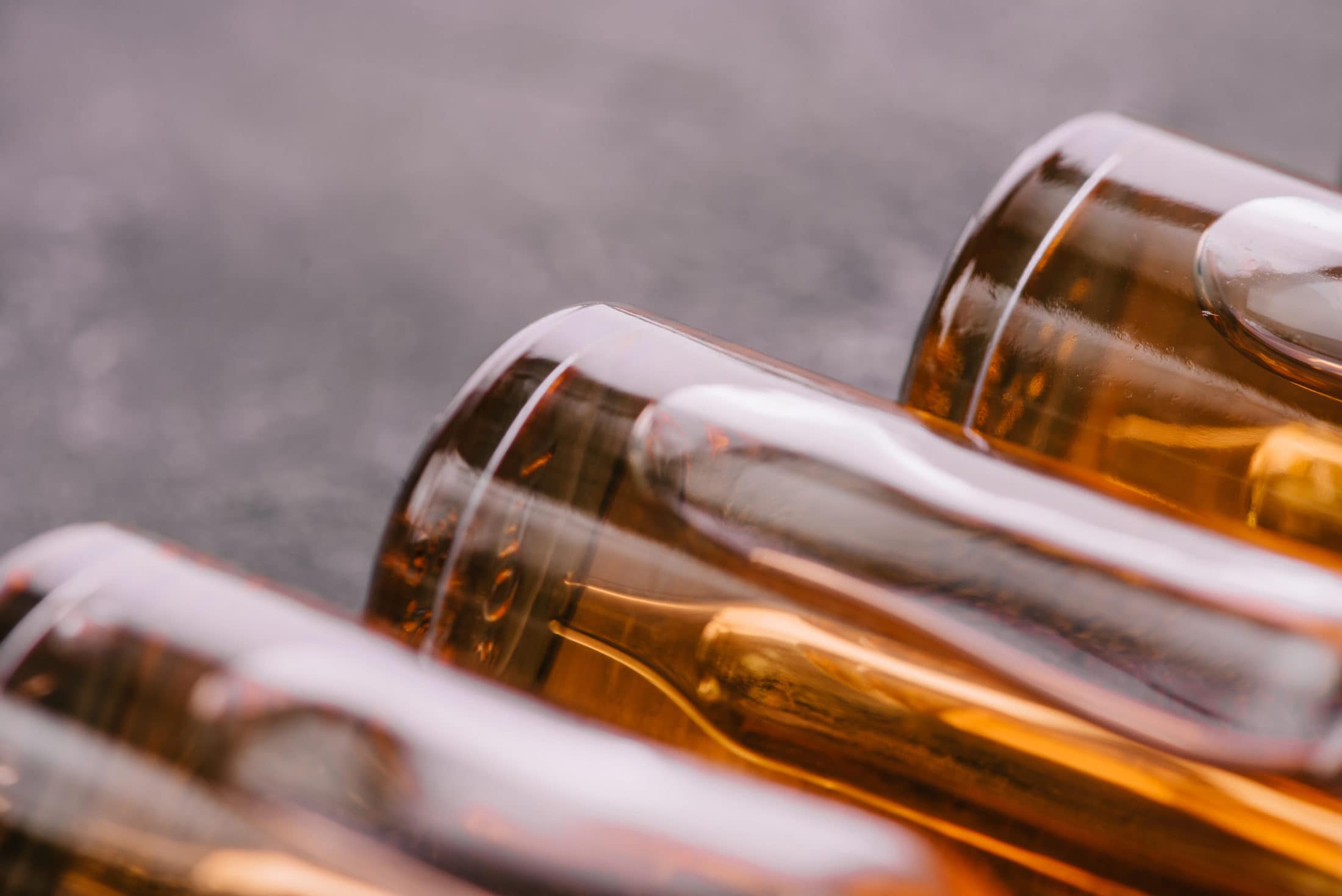People with anxiety disorders are now six times more likely to be hospitalised in comparison to other people without anxiety disorders, making it essential to find possible treatment for addressing this issue and getting back on track. Here are how anxiety affects your body and mind, as well as different types of available treatment.
Does Anxiety Affect Your Body?
In short, anxiety is accompanied by heavy breathing and a high heart rate. Your body prepares you for an intense situation; that’s why blood starts to inflow to the brain. However, chronic anxiety not only influences your behaviour but may also cause severe consequences to physical health. Here are the main effects of what anxiety does to the body.
Central nervous system
Regular panic attacks cause your brain to release stress hormones, leading to persistent headaches, dizziness, and depression. Also, your brain releases adrenaline and cortisol in the nervous system to help your body respond to the perceived threat. However, prolonged exposure to such chemicals doesn’t always positively affect the body. Cortisol presence over time can lead to weight gain.
Cardiovascular system
Heart palpitations, pain in the chest, high risk of high blood pressure and heart diseases are the results of anxiety disorders. For those who already have a heart disorder, anxiety raises the chance of coronary events.

Excretory and digestive systems
Anxiety can cause stomach aches, nausea, diarrhoea, and other digestive issues. Another critical problem due to anxiety disorders is a loss of appetite.
Immune system
When anxiety takes over, your brain needs to decide what it should do: “flight-or-fight”. This is your body’s response to stress, which is expressed in releasing a flood of chemicals and hormones, like adrenaline.
In the short term, pulse and breathing rate increase to get more oxygen to the brain. But after occasional stress, your body returns to normal functioning.
In the case of constant anxious and stressed feeling, your body can’t return to normal condition, which weakens your immune system and causes an increased risk of viral diseases and illnesses. What’s more, regular vaccines may not give the desired result.
Respiratory system
Rapid breathing, caused by anxiety disorders, may aggravate respiration functions for people with asthma.
Furthermore, patients with chronic obstructive pulmonary disease (COPD) may suffer from anxiety complications.
Other effects:
- Muscle tension;
- Insomnia;
- Depression;
- Social isolation.

Anxiety Also Messes With Your Brain
Anxiety is a common condition for many people. Nevertheless, there are still many things that people don’t know about this disorder and its impact on the brain. Chronic anxiety also influences the mind in addition to damaging a body. Here is a list of the main things anxiety does to the brain.
- Anxiety impacts memory. During anxious periods people tend to be forgetful and confused, but these problems have a scientific explanation. Сhronic anxiety increases cortisol and shrinks the hippocampus, which is crucial for long-term memory and spatial navigation.
- It causes impulsive behaviours. Have you ever made hasty decisions in a bout of anxiety? Next time, it’s better to delay making important decisions. During stress, cortisol disengages the prefrontal cortex, which is the part of our brain responsible for making decisions. As a result, people have poor decision-making abilities and become irritable.
- Anxiety may be a reason for insomnia. Chronic anxiety activates the sympathetic nervous system, which changes heart rate, breathing and brain waves. All of these factors afterwards affect the quality and duration of sleep.
- Anxiety can lead to depression. People who have depression can also be diagnosed with an anxiety disorder.
How Is Anxiety Treated?
Psychological Therapy
Psychological therapies are considered one of the most effective treatments for anxiety and relapse prevention in the long term. Psychological treatment works to help a person change their thinking habits, eliminate the underlying causes of his or her anxiety and better deal with life’s challenges. They are sometimes called ‘talking therapies’ as opposed to physical treatments (medications) and involve one-on-one, group-based or online interactions.
Today, there are various types of psychotherapy for anxiety, including cognitive behaviour therapy (CBT), exposure therapy (behaviour therapy), interpersonal therapy (IPT), positive psychology, mindfulness-based cognitive therapy, psychotherapies, counselling and narrative therapy. However, psychological therapy can sometimes be helpful in combination with medications.

Medications
Numerous types of medications are commonly used to relieve anxiety symptoms, depending on your type of anxiety disorder and whether you have other mental or physical health problems.
For instance, your doctor may prescribe buspirone to treat anxiety disorders. In limited cases, you can be advised to take other types of anti-anxiety medications, such as sedatives, also called benzodiazepines, which can help to treat generalised anxiety disorder (GAD). These medicines are intended for short-term relief of anxiety symptoms rather than long-term use. For panic or social anxiety disorder, selective serotonin reuptake inhibitors (SSRIs) or other antidepressants are more commonly used.
Online Support Tools
In case you have mild to moderate anxiety, online tools may also be beneficial. There are a number of different programs, most of which are supported by a mental health professional via phone, text, email or webchat. These online therapies can be especially helpful if you live in a rural or remote area where access to healthcare professionals might be difficult.
CBD Oil
Nowadays, many people are turning to CBD as an alternative treatment for their mental health conditions instead of the commonly prescribed medications. As a natural compound, CBD is considered safe and won’t cause addiction or severe adverse reactions, unlike some medications.

Many people are also using Papa And Barkley CBD as an alternative to manage anxiety because of the high cost of mental health treatment. The cost of mental health treatment is very high in some countries. Some of the most affordable cognitive-behavioral therapies cost about €90.84 per hour. CBD is perceived to be a more affordable and safer treatment for mental health disorders. To experience its potential benefits, you can take an oral tincture like VAAY CBD oil or consider other options like capsules, vapes or edibles infused with CBD oil.
However, it is highly advised to talk to your doctor about the potential benefits, risks and possible side effects of CBD products or particular antidepressants.
THC gummies
Delta 8 is a cannabis strain with lighter effects than regular THC. It can be taken as delta 8 thc gummies, or as the e-juice in a vape cartridge. When consumed, it leaves consumers feeling calmer and clear-headed while still providing them the relaxation they want from their marijuana usage or work day ahead. Some may even refer to delta 8’s mellower buzz as “the business person’s high” since it helps to make you feel ready for whatever comes next after getting this type of high out on some herb!
Kava For Anxiety
Kava is a shrub that grows in the Pacific islands of Fiji, Vanuatu, Tonga, and Samoa. The roots are prepared as a powerful tea to induce feelings of calmness, serenity, and in higher dosages, even mild intoxication.
Kava is often drunk in groups for festive occasions and calm gatherings, as well as alone for meditative and personal reflection. Many individuals today use kava pills to alleviate anxiety, sleeplessness, and muscular tension.
Kava bars have been popping up all around the US over the past 4 years. These bars are a great alternative to conventional drinking establishments as a location to meet and unwind after a long day. These businesses are meant to be relaxing, with a Pacific island feel and dim lighting. Kava is gaining popularity as a healthier alternative to alcohol at these bars.
